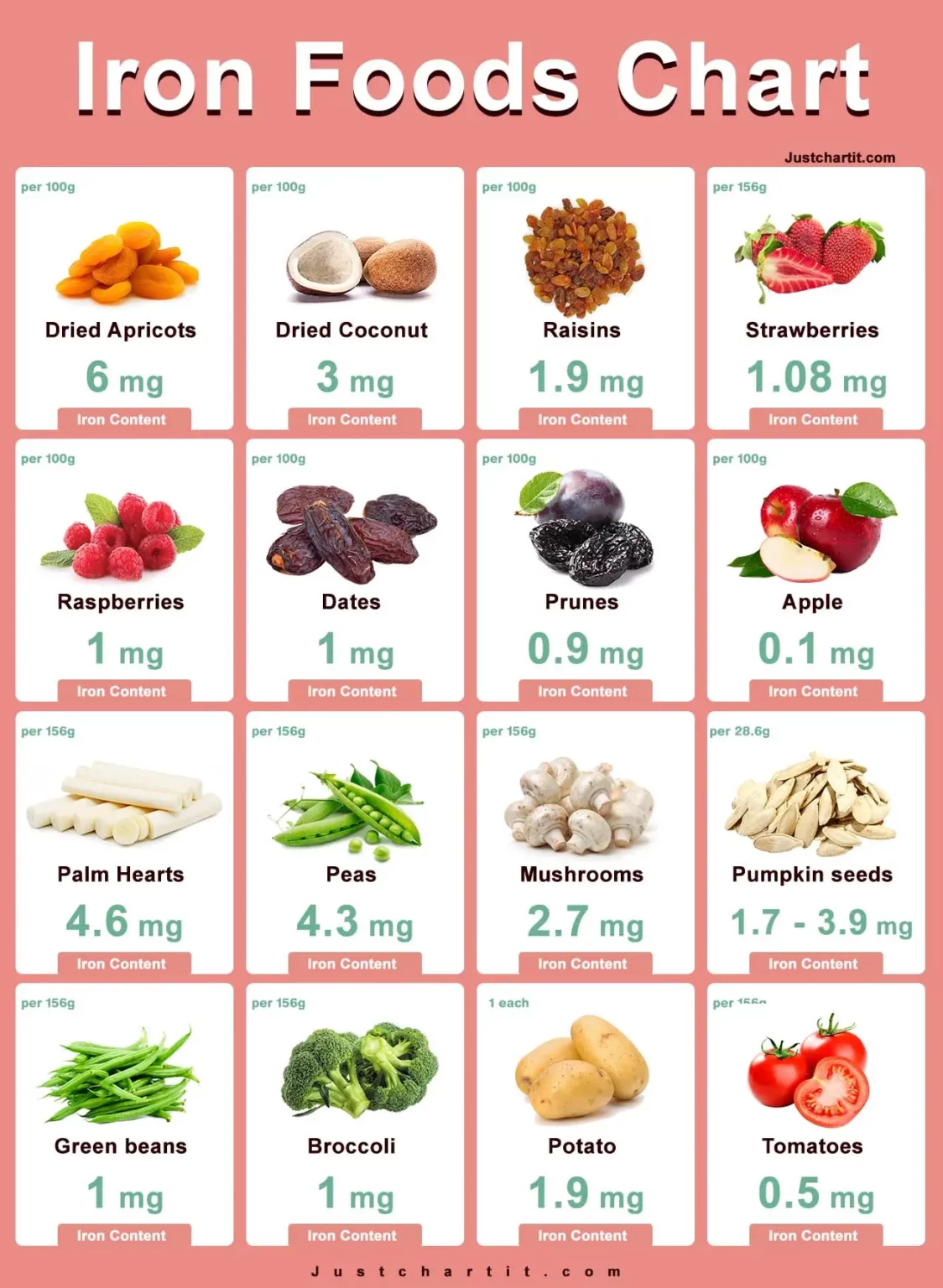“You don’t need a silver fork to eat good food.”
– Paul Prudhomme
Nor do you need a golden spoon to eat nutritious food. However, work stress and busy life has made us all skip meals and opt for ready-made junk food to compensate for the same. Even when we know that all these foods are nothing but empty calories which fail to provide the essential, nutrients, vitamins and minerals, we cannot just stop it. Some of us even eat out of pure impulse.
Making the right food choices is undoubtedly an important form of investment in your health. Especially growing and working women who have increased nutritional requirements are at higher risk of ill-health and poor quality of life.
Indians are predominantly a vegetarian population. Coupled with the poor dietary intake of iron and monthly menstrual blood losses ultimately result in women with either iron deficiency anaemia (IDA) or deficient/absent iron stores. So, it is very important to be aware of the various signs & symptoms of anaemia to identify and intervene promptly to treat the same.
Anaemia is a condition in which the number of red blood cells or the haemoglobin concentration within them is lower than normal. Haemoglobin is needed to carry oxygen and if you have too few or abnormal red blood cells, or not enough haemoglobin, there will be a decreased capacity of the blood to carry oxygen to the body’s tissues. The optimal haemoglobin concentration needed to meet physiologic needs varies by age, sex, elevation of residence, smoking habits and pregnancy status. The most common causes of anaemia include nutritional deficiencies, particularly iron deficiency, though deficiencies in folate, vitamins B12 and A are also important causes.
Iron deficiency anaemia signs and symptoms may include:
:max_bytes(150000):strip_icc():format(webp)/symptoms-of-iron-deficiency-5188449-V1-8373d720093241b993bc13816e3fb63c.png)

Top iron-rich foods:
1. Fortified breakfast cereal
2. White beans
3. Dark chocolate
4. Lentils
5. Spinach
6. Tofu
7. Kidney beans
8. Chickpeas
9. Canned stewed tomatoes
10. Potatoes
11. Cashews
12. Green peas
13. Chicken
Incorporating some, if not all of these foods in your daily diet will help in meeting the body’s iron demand and help in treatment of anaemia.
Comments